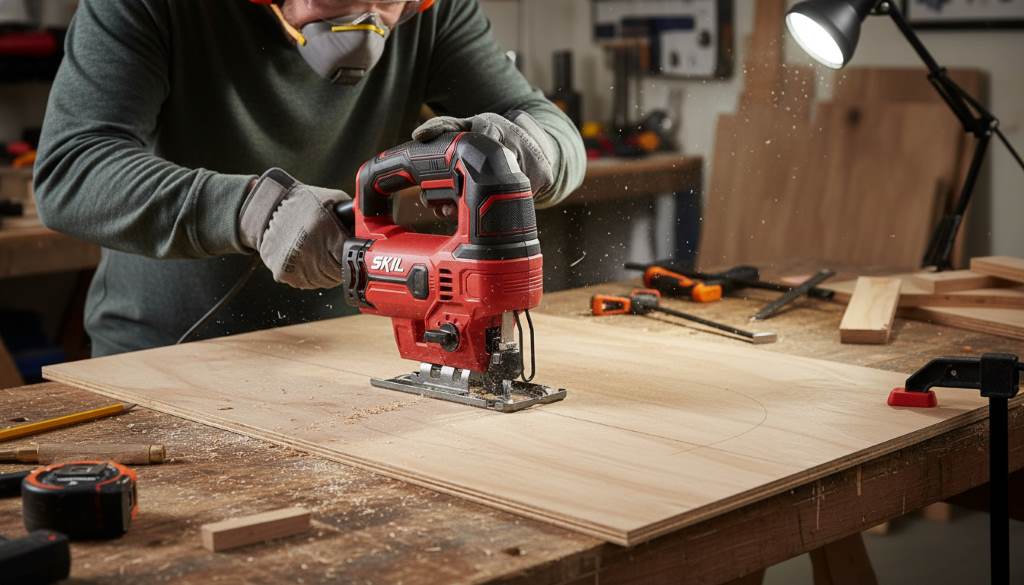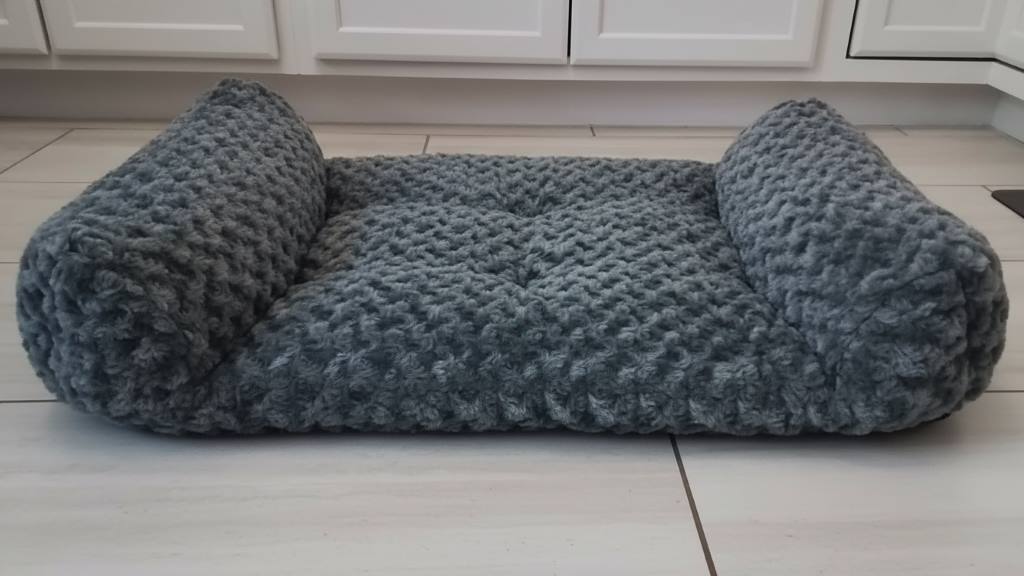For many of us, it can be difficult to know how to best support a parent whose mobility is declining, as we don’t want to infringe on their autonomy. Furthermore, switching the role of the caregiver from your parent to you in your relationship can put a lot of stress on you and on them. If your parent starts to need more assistance, then there are ways to help support them without taking away their independence.
Install Assistance Throughout the House
When people begin to experience challenges moving around on their own, it can be a difficult situation that they may not want to have to deal with. It can also be a dangerous one that requires your attention. By installing assistive devices throughout the house like railings or horizontal grab bars for showers Norfolk VA, you can build in safety precautions. With these, you can help your parent navigate around their house safely with support.

Illuminate Pathways
A huge concern for people who experience unsteadiness while walking is not being able to see a clear path. If there a walkway is in the shadows, then objects that could trip or cause a fall may be hidden. Lighting that has motion sensors can be a great option in these cases. By assessing the home’s exterior and interior for potential hazards, you can avoid major disasters and falls.
Devices With Emergency Assistance
In cases where there is a substantial concern for fall risk, there may be a need for additional support. Medical alert systems can provide safety precaution protocols within the home. Whether your parent is the sole resident and lives alone or will be alone for periods, this can be useful. This system allows your parent to reside in their same home, but with the added safety feature of someone on call in the case of emergencies.
Having a parent who has declining mobility can be a scary and uncertain situation for many adult children. Before you feel the need to explore fulltime care, consider these precautionary measures that can help you navigate this adjustment more smoothly.




